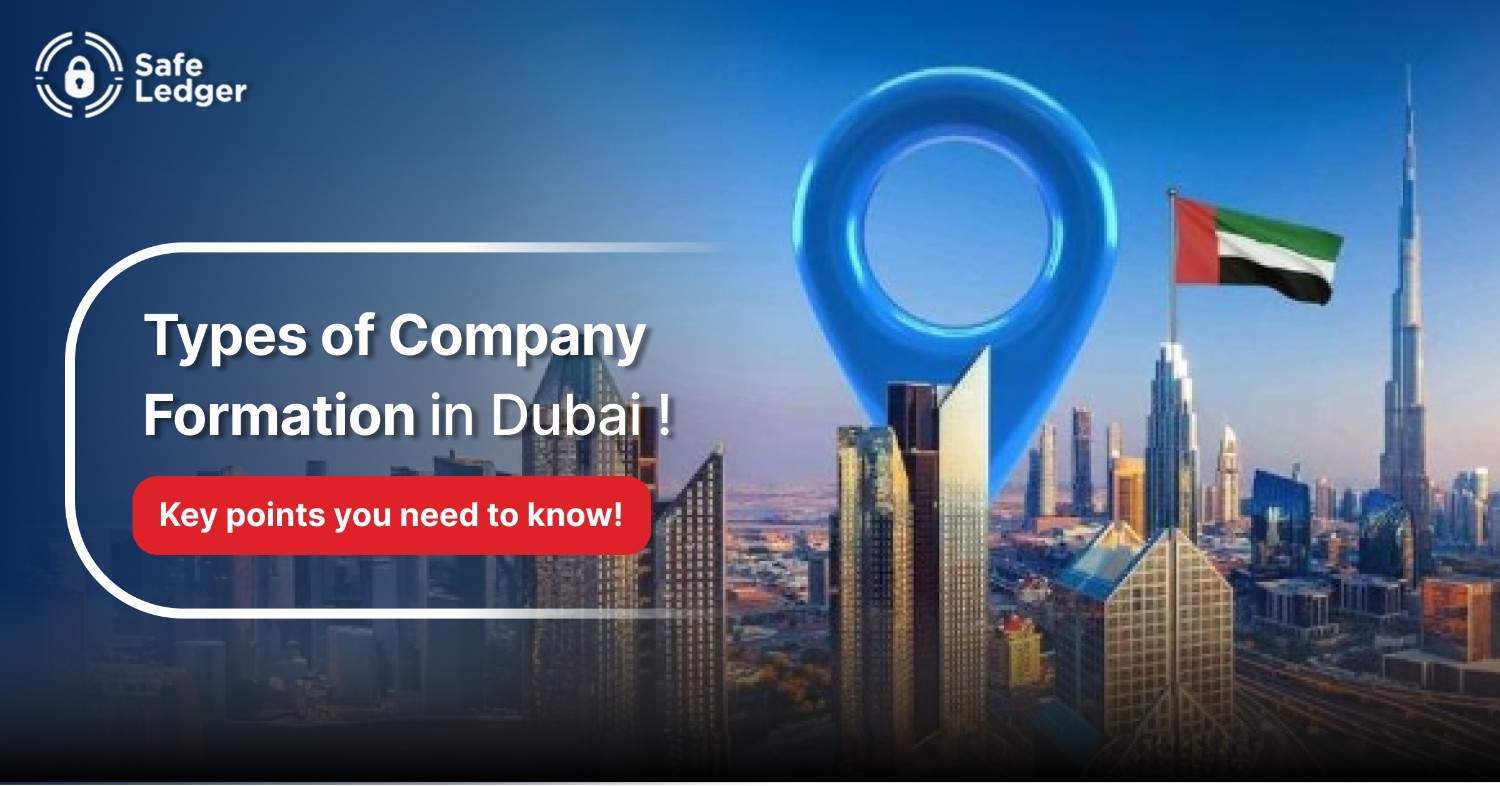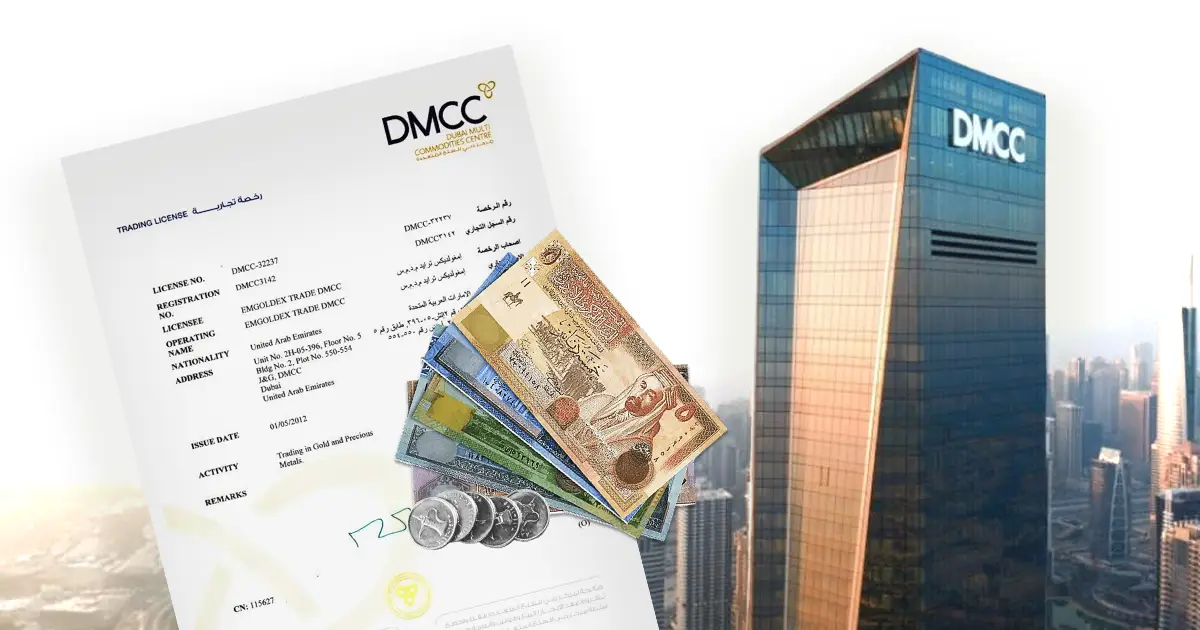Mainland companies are licensed by the DET and are permitted to conduct business anywhere in the UAE, including within Free Zones. They offer the most flexibility in terms of where one can operate and with whom they can trade. As of 2025, Dubai’s mainland continues to be the most popular choice for businesses seeking direct access to the local market.
1. Sole Proprietorship
A Sole Proprietorship is a popular and simple type of company structure in the UAE, owned and operated by a single individual. This structure is perfect for professionals and small business owners who want complete control over their operations. Foreigners can establish sole proprietorships for professional activities, but cannot own commercial or industrial businesses in the Mainland.
- Ownership rules: Historically, only UAE and GCC nationals could form this type of company for commercial activities. Now, foreigners can also own a sole proprietorship for certain professional services.
- Liability and control: The owner has full control. However, they also have unlimited liability. Your personal assets are not safe if the business runs into debt.
- Licensing and branches: Licensing for professional activities is easy. The owner can also open multiple branches under the same license. This simplifies expansion.
2. Civil Company
A Civil Company is a partnership. Two or more professionals form it. This structure is only for professional services. Examples include legal, engineering, or medical practices.
- Local service agent: Foreigners forming a Civil Company must appoint a Local Service Agent (LSA), who is a UAE national, does not hold shares or control, and must be officially registered. The LSA assists with administrative tasks and government procedures for an agreed fee.
- Liability and partnership: Partners share joint and several liability. Each partner is personally responsible for the company’s debts.
Read more: How to Start a Civil Company in the UAE?
3. Limited Liability Company (LLC)
The LLC is the most popular legal structure for Dubai Mainland Business Formation. It is a preferred choice because it offers limited liability protection. It also provides a clear business identity.
- Shareholding rules: Recent legislative changes have made the Limited Liability Company (LLC) even more attractive. Now, you can establish an LLC with 100% foreign ownership for a vast range of commercial and industrial activities. This removes the long-standing requirement for a 51% UAE national shareholding.
Some strategic sectors, like those related to defense or certain national resources, still require a local partner. This key reform in 2025 has significantly boosted investor confidence and simplified the different types of company formation process.
- Capital Requirements and Governance: The UAE Commercial Companies Law of 2021 abolished the minimum share capital requirement for LLCs, making it easier for entrepreneurs to start a business. The company’s liability is limited to its share capital, protecting the personal assets of the shareholders. The shareholders manage the company, and they can appoint a manager to oversee daily operations.
Read more to know all important information about Limited Liability Company: What is a Limited Liability Company?
3. One-Person Company (OPC)
A One-Person Company (OPC) allows a single owner to start a business with limited liability, using capital in cash or in kind.
- Ownership Rules: Usually, only UAE/GCC nationals or corporate entities can form an OPC. However, foreigners can also establish OPCs in certain sectors, as rules vary depending on the activity type and the Emirate.
- Liability: The owner’s liability is limited to the company’s share capital, giving full protection without requiring a partner.
4. Partnership Company
Partnership companies involve two or more individuals who agree to share profits and losses.
- General vs. Limited Partnerships: Partners share unlimited liability, meaning they are personally responsible for the company’s debts. General partnerships in the Mainland can include foreign partners for professional activities if permitted by law. However, in commercial partnerships, at least one partner must be a UAE national.
- Liability Distribution: Liability differs based on the partner type. General partners have unlimited liability. Limited partners, however, have liability limited to their investment.
- Local Ownership Requirements: The law mandates that all partners in a general partnership must be UAE nationals. In a limited partnership, only the general partners must be UAE nationals.
Read more: Sole Proprietorship vs Partnership: Which Business Structure Should One Choose?





